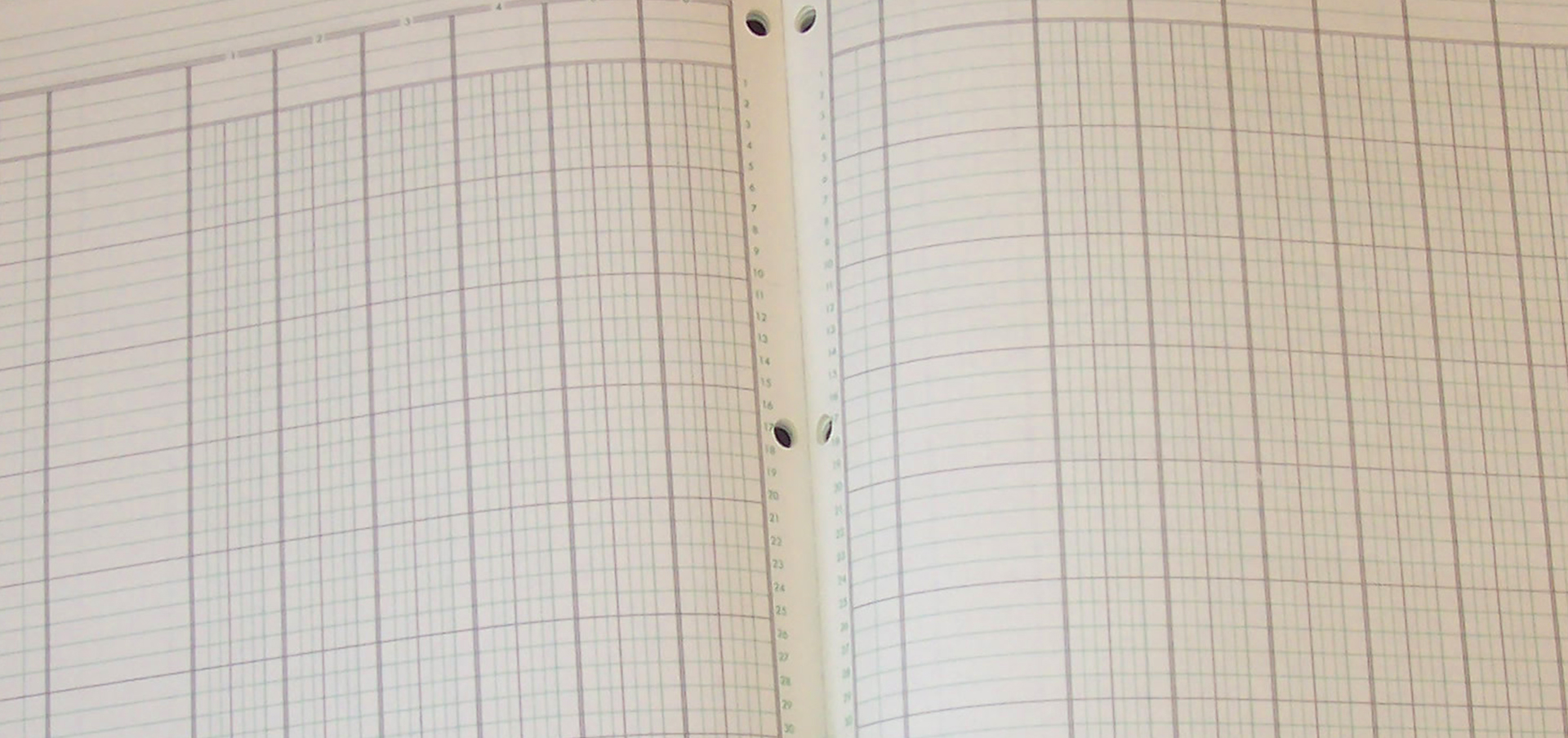Bookkeeping clerks are often at the core of a business’ financial operations. They are the experts of numbers, calculations, and fiscal data. They are the organizers and the keep-trackers, the recorders and the reporters; they are mathematicians with an eye for detail. If you are considering an accounting career and looking for an accelerated educational path, bookkeeping may be the right choice for you.
If you don’t already know, bookkeepers are paraprofessional accountants who are responsible for an organization’s financial accounts. Whether working for a small business, bank, government agency, or doing freelance work, their duties typically include:
- Receiving and recording checks, cash, credits, and vouchers
- Using bookkeeping software, online spreadsheets, and databases like QuickBooks
- Entering financial transactions, as well as business costs and income into the software
- Producing various fiscal reports such as balance sheets, statements, and totals by account
- Analyzing those reports and reporting on their findings
- Preparing invoices and handling payroll
Because bookkeepers are the primary handlers of a business’ finances, a lot of responsibility lies on their shoulders. Therefore, they must be very qualified, skilled, and confident in what they do.
For this reason, most employers today require their bookkeepers to have some postsecondary education. According to the U.S. Bureau of Labor Statistics, the majority now specifically look for those who have completed coursework in accounting and received certification from the American Institute of Professional Bookkeepers. While these steps are not always required, applicants who have fulfilled bookkeeping classes and the proper certification have a better chance of acquiring accounting jobs.
Accountants and bookkeepers make up a large occupation. By 2024, there are expected to be well over 1.5 million job prospects for potential bookkeepers and accounting clerks like you. To gain the expertise you need to land a job in this competitive field, your next steps will be to complete your bookkeeping and accounting coursework. At Goodwin College in Connecticut, you can do this in as little as 7½ weeks!
By taking the right accounting classes and bookkeeping coursework, you will be well on your way to a successful and rewarding career. Through courses such as ‘Principles of Taxation,’ ‘Accounting Information Systems’, and other prominent bookkeeping classes at Goodwin, you will learn to:
- Organize, analyze, summarize and report financial data, in an ethical manner
- Develop critical thinking and problem solving skills by gathering and measuring data
- Apply technological skills to accounting and business challenges
- Create professional financial reports and analysis
Upon completion of your accounting capstone course, you will be fully prepared to sit for professional certifications in bookkeeping, QuickBooks, and Microsoft Excel. These are what will differentiate you from other job seekers in the bookkeeping field.
Whether you are already working in the field or are ready to begin a new career, Goodwin’s associate degree in accounting program has much to offer you. Through a comprehensive, 15 or 7½-week program, you will learn the fundamentals of accounting and bookkeeping. You will work with general ledgers, journals, and financial statements. You will enhance your skills in inventory consulting, managerial accounting, and learn the ins-and-outs of the industry’s standard software systems.
And bookkeeping is just one component of our wide-ranging program! With an associate degree in accounting, you can also obtain jobs as a payroll professional or accounting assistant, or go on to complete your bachelor’s degree. Credits earned in Goodwin’s accounting program, for example, can be applied towards a Business Administration degree.
Interested in learning more about Goodwin’s bookkeeping classes in CT? Call 800-889-3282 or visit www.goodwin.edu/learnmore. You can also interact with us on Facebook or Twitter!
Goodwin University is a nonprofit institution of higher education and is accredited by the New England Commission of Higher Education (NECHE), formerly known as the New England Association of Schools and Colleges (NEASC). Goodwin University was founded in 1999, with the goal of serving a diverse student population with career-focused degree programs that lead to strong employment outcomes.

